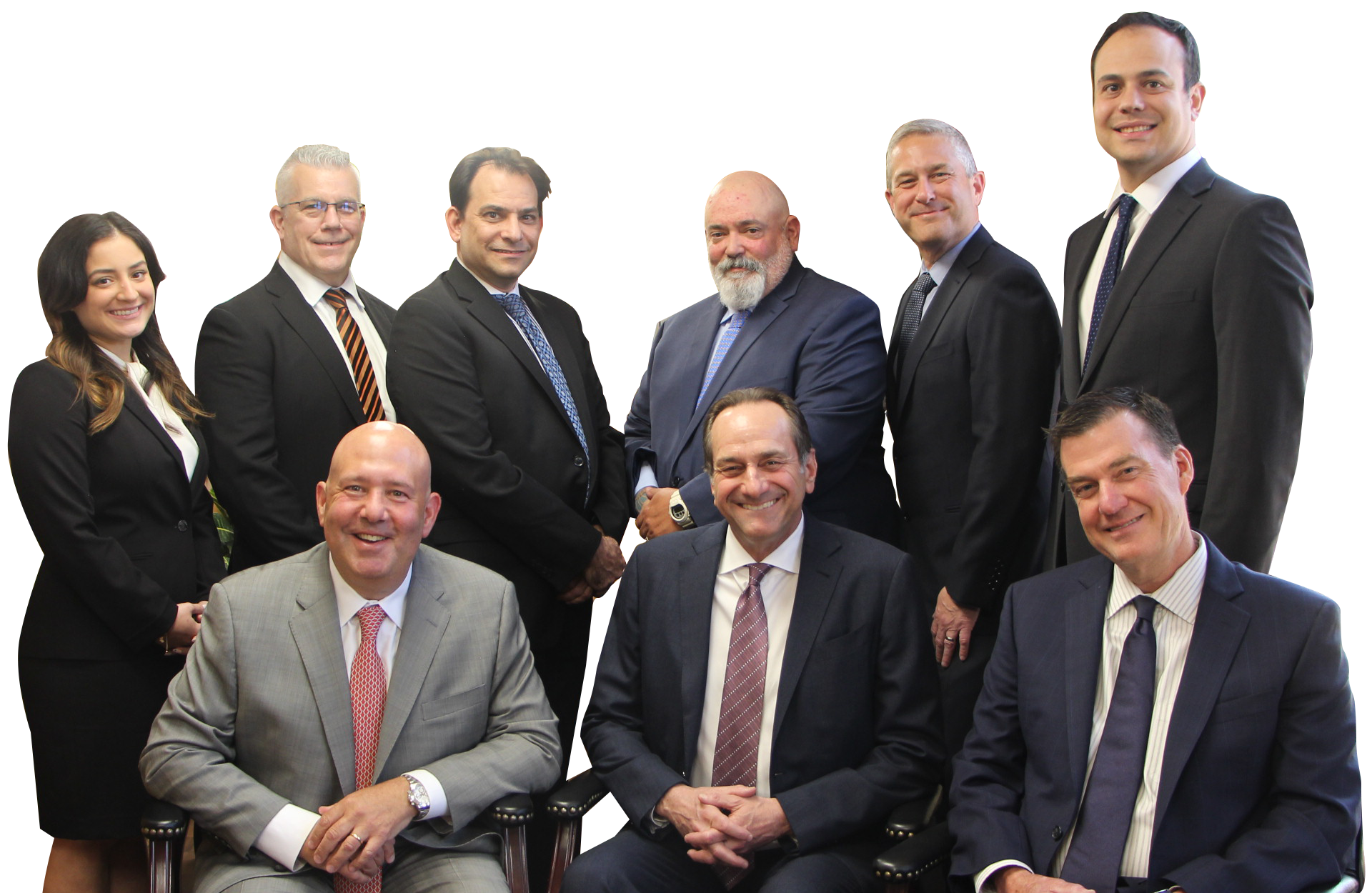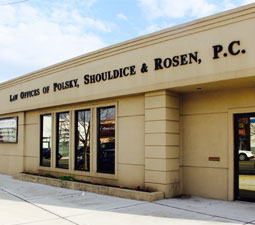
What happens if you’re in an accident and get injured? Will the insurance company still pay out on your claim? Should anyone care that you have a pre-existing condition? This topic is more complex than you may think which is why a slip and fall lawyer is going to share the following information with you:
- What a pre-existing condition is
- How the insurance company may treat your claim
- Receiving compensation
What Is A Pre-existing Condition?
A pre-existing condition is a condition that existed before your injury from the accident. Some common pre-existing conditions include:
- High blood pressure
- Diabetes
- Arthritis
In short, it’s a condition that existed before the accident occurred.
How Will The Insurance Company Look At Your Claim?
Sometimes a pre-existing condition is looked down upon by the insurance company. An insurance company may attempt to argue that your pre-existing condition is the problem, not your claimed injuries. For example, if you break your knee as a teenager and then later in life hurt your knee in an accident, the insurance company may argue that your knee wasn’t injured. They may argue that it’s only your pre-existing condition (including, and not limited to, arthritis) as our friends at Herschensohn Law Firm, PLLC know all too well.
A competent injury attorney can work with you to prove that your pre-existing condition plays little to no role in your current claim. This is important because your current injury may make you eligible for compensation. They may be able to show how the accident exacerbated your pre-existing condition.
Receiving Compensation
Even if you have a pre-existing condition, you may still qualify for compensation. Some of the most common types of compensation include, and may not be limited to:
- Medical treatment for your injury since the accident
- Medical treatment or medical costs from the exacerbated pre-existing condition
- Pain and suffering
- Time missed from work
- Disability
- Loss of enjoyment of life
An attorney can look at your unique case and determine what types of compensation you are eligible for as well as how much. You may receive compensation for economic damages such as a damaged vehicle as well as non-economic damages such as pain and suffering. An experienced attorney will be able to work with you on this.
In personal injury cases, pre-existing conditions can complicate the determination of liability and damages. While a pre-existing injury or medical condition does not disqualify a victim from pursuing compensation, it can affect the extent of the claim. If an accident exacerbates a pre-existing condition, the defendant may be responsible for the aggravation of that injury. However, the defense may attempt to argue that the condition would have worsened over time regardless of the accident. Courts typically rely on medical records and expert testimony to differentiate between prior conditions and new injuries caused by the incident. Thus, proving the direct impact of the accident on the pre-existing condition is crucial for securing fair compensation.
If you were in an accident, contact an attorney for help working through your pre-existing conditions.


